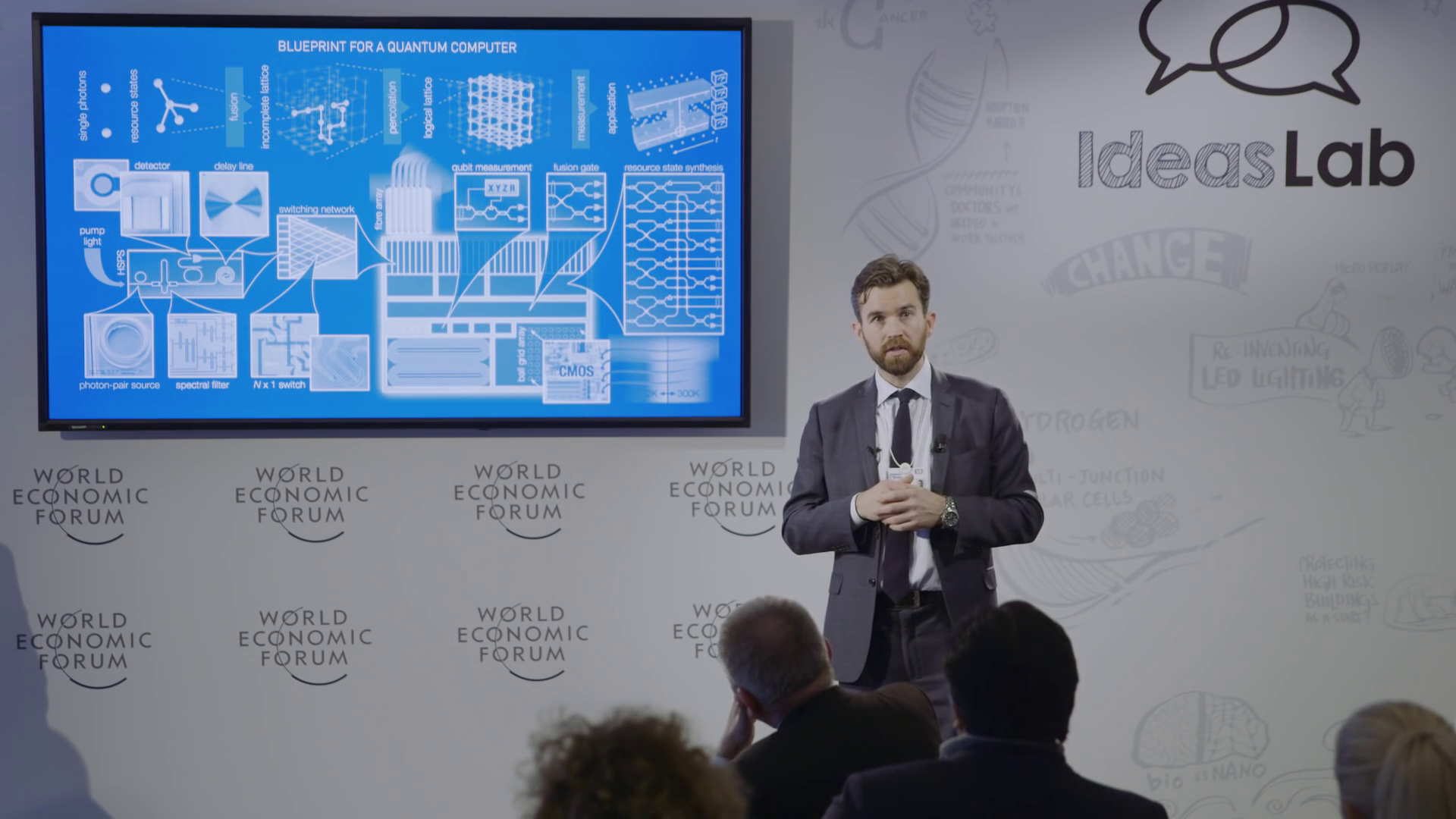Quantum physicist and professor from the University of Bristol, Jeremy O’Brien writes, ‘quantum computers will solve problems that conventional computers never could’ in this latest piece for the Financial Times (paywalled).
The article covers the general problem with conventional computers, and what quantum computers offer as a solution. O’Brien describes the benefits a quantum computer may bring: from designing new pharmaceuticals to solving “unquantum” problems such as increased database search speeds.
“We may ultimately use this simulation power to design new pharmaceuticals, clean energy devices and polymer membranes for fuel cells. In fact, we could apply quantum computing to the design of any material for any purpose — from transport and construction to sensors and prosthetics — since those materials are ultimately made of molecules and atoms, and understanding their properties and interactions is a quantum mechanical problem. This is one of the most compelling features of quantum computing: it’s a technology that expands the way we can think, and the extent of the possible solutions we can investigate.”
This article was published as part of the ‘Masters of Science’ series, showcasing insights from men and women at the forefront of the most exciting research today. Jeremy O’Brien is the director of the Centre for Quantum Photonics (CQP) at the University of Bristol.
Image: Open Transcripts.org







Leave a Reply